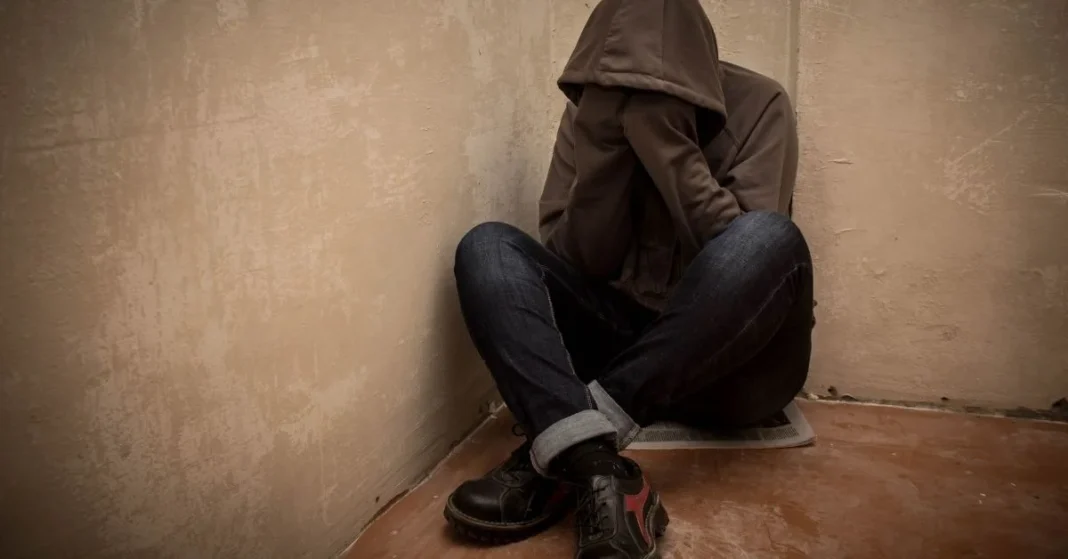By: Sidra Akhtar
As a clinical psychologist, I’ve witnessed firsthand the devastating impact of addiction on young people. Addiction is a complex and multifaceted issue that can affect anyone, regardless of their background or circumstances. In this article, I’ll explore the causes, consequences, and treatment options for addiction in youth.
The Causes of Drug Addiction in Youth
Addiction in youth can be triggered by a combination of factors, including:
- Peer pressure: The influence of friends or peers can lead to experimentation with substances or behaviors.
- Stress and trauma: Young people may turn to substances or behaviors as a coping mechanism for stress, anxiety, or trauma.
- Mental health: Underlying mental health issues, such as depression or anxiety, can increase the risk of addiction.
- Social media and technology: The widespread availability of substances and the normalization of addictive behaviors online can contribute to the development of addiction.
The Consequences of Addiction in Youth
Addiction can have severe and long-lasting consequences for young people, including:
- Academic problems: Addiction can lead to poor academic performance, absenteeism, and dropout.
- Relationship problems: Addiction can damage relationships with family and friends.
- Physical and mental health problems: Addiction can lead to a range of physical and mental health problems, including depression, anxiety, and substance-induced psychosis.
- Increased risk of overdose and death: Addiction can increase the risk of overdose and death, particularly when combined with other substances.
Treatment Options for Addiction in Youth
Fortunately, addiction is a treatable condition. Effective treatment options for young people include:
- Cognitive-behavioral therapy (CBT): CBT can help young people identify and change negative thought patterns and behaviors.
- Motivational interviewing (MI): MI can help young people develop motivation to change their behavior.
- Family therapy: Family therapy can help young people and their families develop healthy communication patterns and coping skills.
- Support groups: Support groups can provide young people with a sense of community and connection with others who are going through similar experiences.
Prevention and Early Intervention
Prevention and early intervention are critical in addressing addiction in youth. Parents, educators, and healthcare professionals can play a vital role in identifying early warning signs and providing support and resources to young people.
Addiction in youth is a complex and multifaceted issue that requires a comprehensive and compassionate approach. By understanding the causes, consequences, and treatment options, we can work together to support young people and help them overcome addiction.
The writer is a Clinical Psychologist







